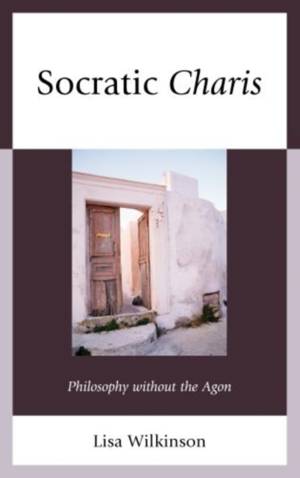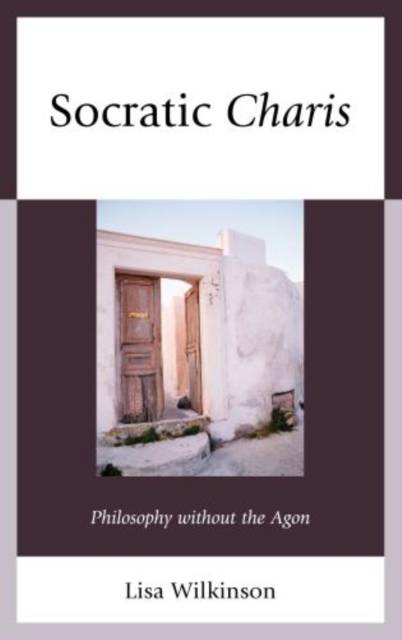
- Afhalen na 1 uur in een winkel met voorraad
- Gratis thuislevering in België vanaf € 30
- Ruim aanbod met 7 miljoen producten
- Afhalen na 1 uur in een winkel met voorraad
- Gratis thuislevering in België vanaf € 30
- Ruim aanbod met 7 miljoen producten
Zoeken
€ 161,45
+ 322 punten
Omschrijving
This book explores the possibility that Plato's philosophia is influenced by non-agonal practices and values that historically and philosophically antedate the agonal practices of the Athenian ekklesia. The author surveys literature concerning the predominance of agonal in ancient Greek culture, the values associated with oral poetic performance as a religious practice, and the ubiquitous character of the gift practice known as xenia in the ancient world. The author compares the structure of the agon to the structure of other ancient practices, and reasons that while agonistic practices are oppositional and binary, poetic and social practices are narrative and plural and exemplify, alternative to the agonal, the value of charis--grace. Reading Socratic speech and Socratic inquiry in terms of charis illuminates the narrative structure of Plato's portrayal of Socrates and precludes one-dimensional analyses of Plato's writings as philosophically agonistic and demonstrative. Rather the value of Socratic charis illustrates the value of genuine dialogue, and the author suggests how revaluing Socratic dialogue in light of charis can be relevant to current thinking about philosophy, politics, and the agon.
Specificaties
Betrokkenen
- Auteur(s):
- Uitgeverij:
Inhoud
- Aantal bladzijden:
- 190
- Taal:
- Engels
Eigenschappen
- Productcode (EAN):
- 9780739167175
- Verschijningsdatum:
- 7/02/2013
- Uitvoering:
- Hardcover
- Formaat:
- Ongenaaid / garenloos gebonden
- Afmetingen:
- 155 mm x 231 mm
- Gewicht:
- 430 g

Alleen bij Standaard Boekhandel
+ 322 punten op je klantenkaart van Standaard Boekhandel
Beoordelingen
We publiceren alleen reviews die voldoen aan de voorwaarden voor reviews. Bekijk onze voorwaarden voor reviews.







